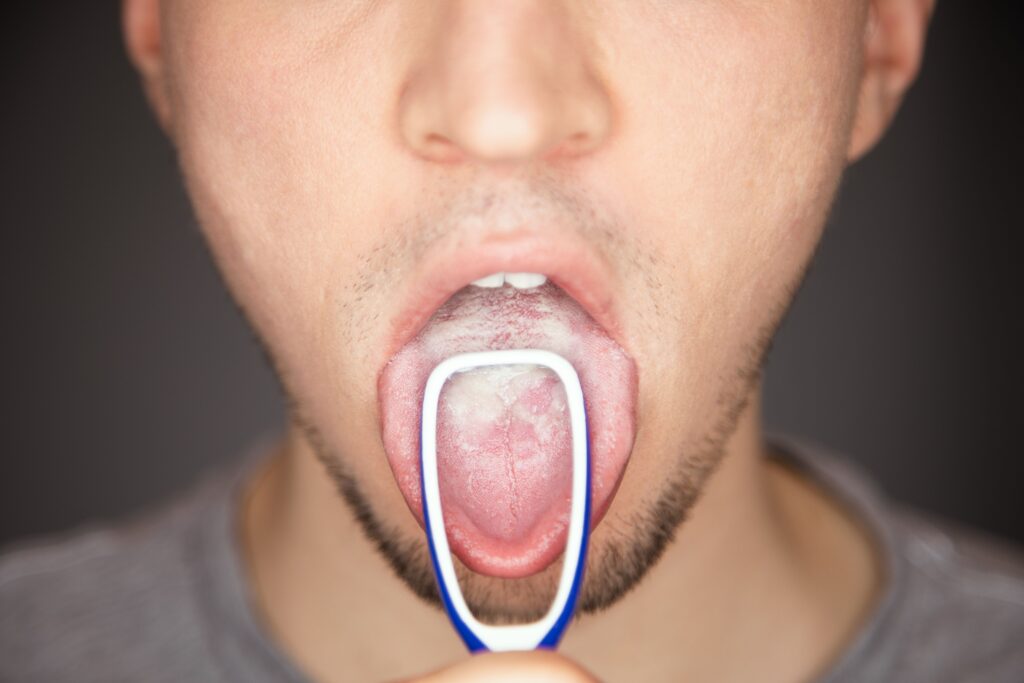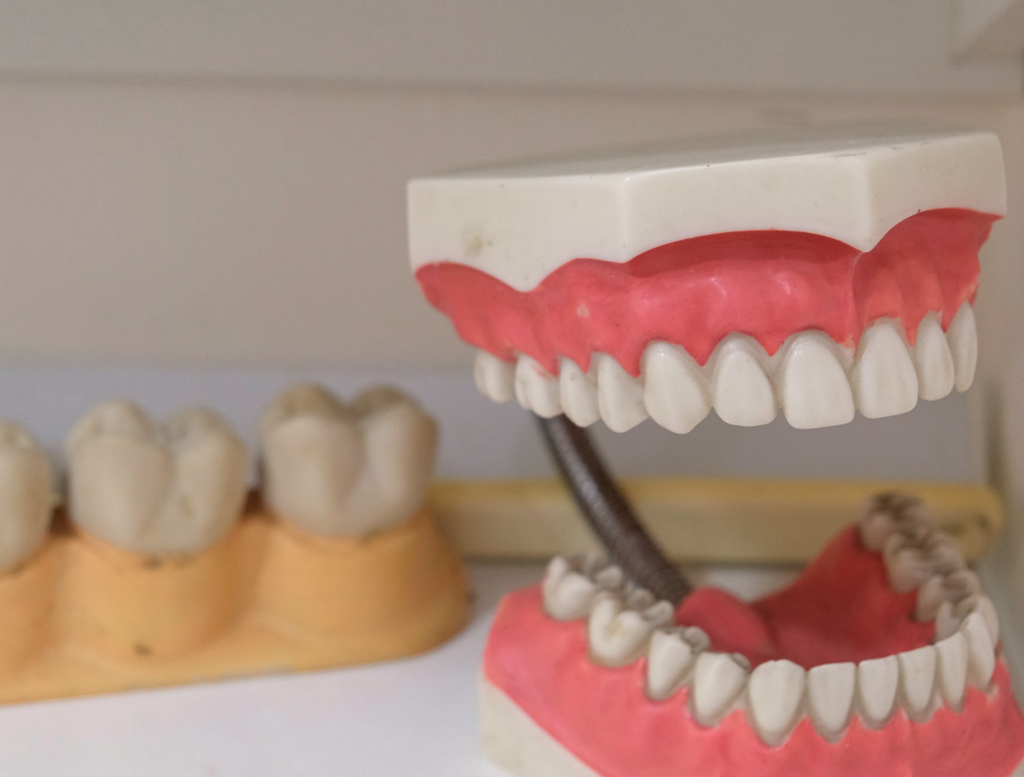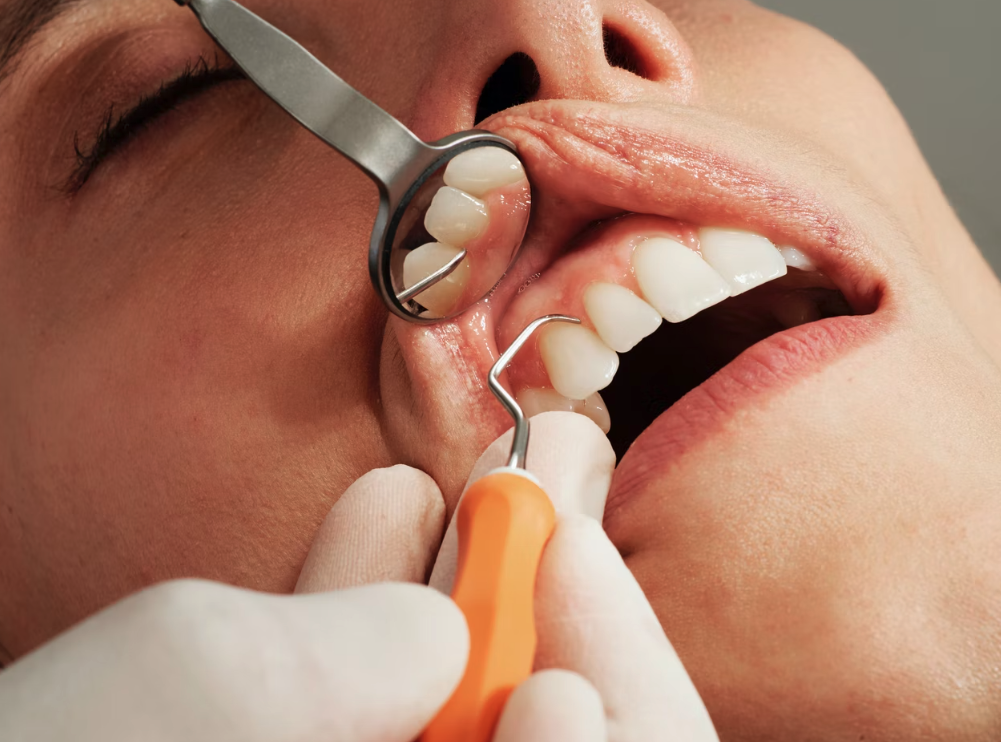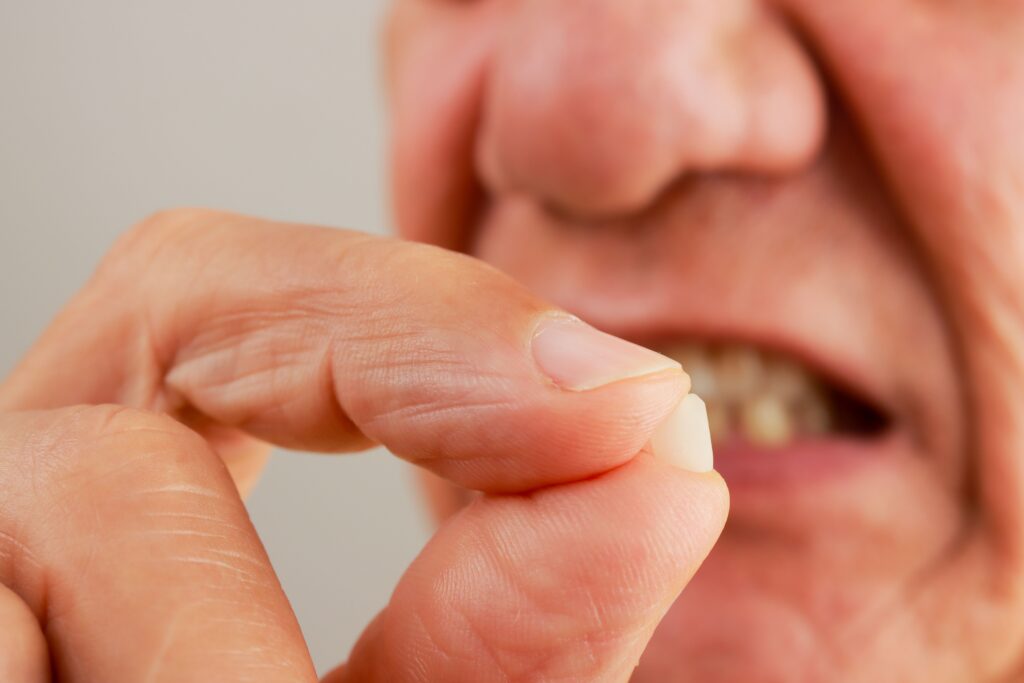Wisdom teeth, also known as third molars, typically emerge between the ages of 17 and 25. Due to limited space in the mouth, these teeth can cause various dental issues, leading many to opt for their removal. A common concern is whether removing wisdom teeth causes the other teeth to shift. Let’s explore this topic in detail.
Can Teeth Realign Themselves After Wisdom Teeth Removal?

After the removal of wisdom teeth, some individuals perceive changes in their dental alignment. This sensation often arises because the pressure previously exerted by the emerging wisdom teeth is alleviated, allowing the surrounding teeth to settle back into their natural positions. It’s important to note that this adjustment is typically minimal and doesn’t result in significant realignment.
Key points:
- Pressure Relief: Extraction removes the force exerted by wisdom teeth on adjacent molars, allowing teeth to return to their original positions.
- Minimal Movement: The adjustment is usually slight and doesn’t cause noticeable changes in alignment.
How Long Does It Take for Teeth to Settle After Wisdom Teeth Removal?
Post-extraction, the mouth undergoes a healing process during which tissues adjust to the absence of the removed teeth. While the initial recovery period lasts about two weeks, the complete settling of teeth and surrounding structures can take several months. During this time, any minor shifts due to the release of pressure will stabilize.
Considerations:
- Healing Duration: Initial recovery is around two weeks; full stabilization may take a few months.
- Follow-Up Care: Regular dental check-ups ensure proper healing and address any concerns promptly.
How Long Does It Take for Teeth to Shift After Extraction?
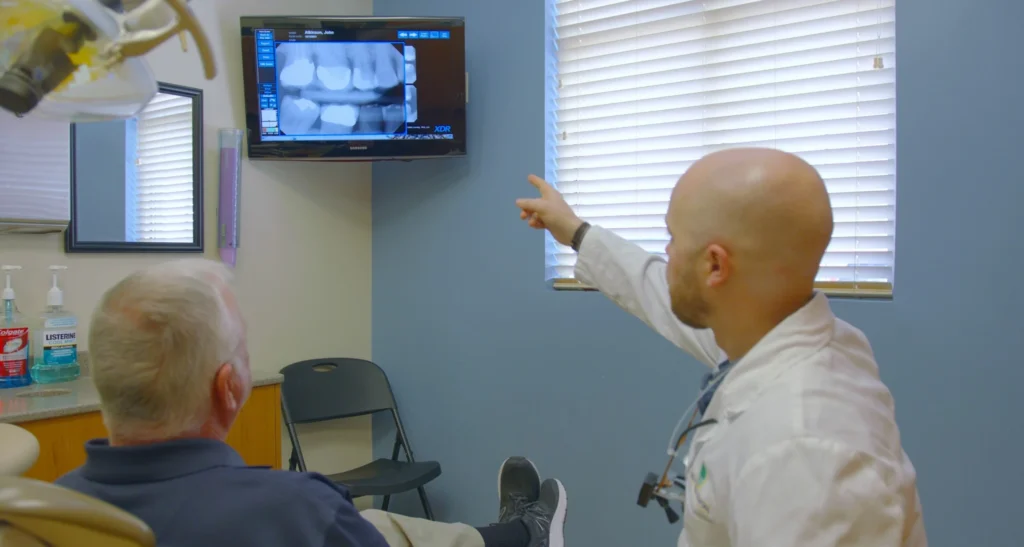
In the context of wisdom teeth removal, significant shifting of other teeth is uncommon. However, when other teeth are extracted and not replaced, adjacent teeth may begin to shift into the empty space. This movement can start within a few weeks to several months post-extraction. The rate and extent of shifting depend on factors such as the location of the extracted tooth and individual dental anatomy.
Factors influencing shifting:
- Tooth Location: Front teeth may shift more noticeably than molars.
- Individual Anatomy: Variations in jaw structure and tooth size can affect movement.
How Do I Stop My Teeth from Shifting After Extraction?
Preventing unwanted tooth movement after extraction involves proactive measures:
- Replacement Options: Discuss prosthetic solutions like dental implants or bridges with your dentist to fill the gap left by the extracted tooth.
- Orthodontic Solutions: In cases of significant shifting, braces or clear aligners can help realign teeth to their proper positions.
- Retainers: Wearing a retainer as prescribed can maintain alignment and prevent movement.
- Good Oral Hygiene: Maintaining healthy gums and teeth supports overall dental stability.
Can Wisdom Teeth Cause Other Teeth to Shift?
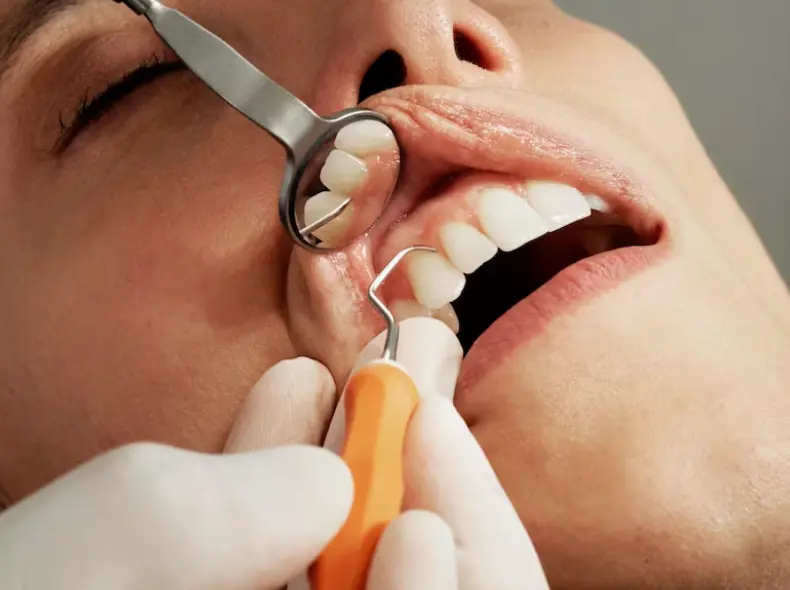
Emerging wisdom teeth can exert pressure on existing teeth, potentially leading to:
- Crowding: Limited space may cause adjacent teeth to overlap or become misaligned.
- Bite Issues: Misalignment from shifting teeth can affect how the upper and lower teeth meet, leading to bite problems.
- Discomfort: Pressure from wisdom teeth can cause pain or discomfort in the jaw and surrounding areas.
Removing wisdom teeth can alleviate these issues, allowing teeth to return to their natural alignment without significant shifting.
Conclusion
While the extraction of wisdom teeth can lead to minor adjustments as teeth settle back into their natural positions, significant shifting is uncommon. Maintaining regular dental visits and discussing any concerns with your dentist will help ensure optimal dental health and alignment.



